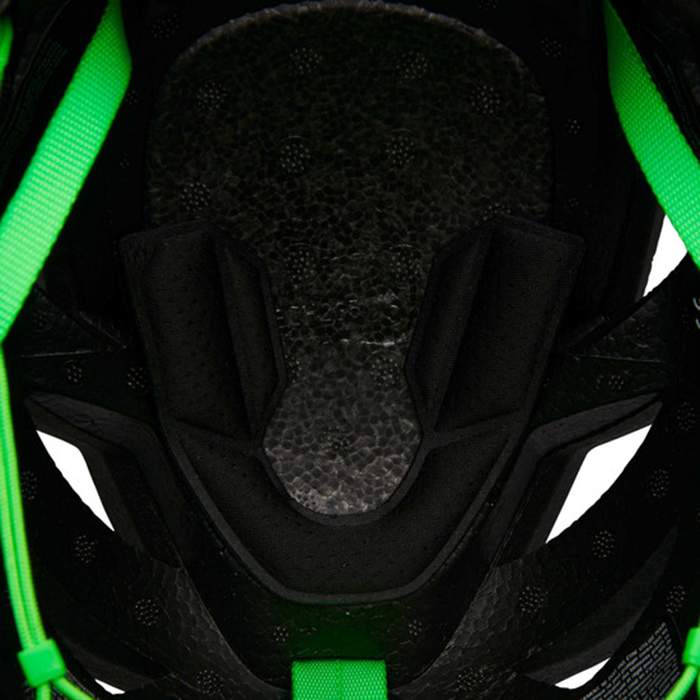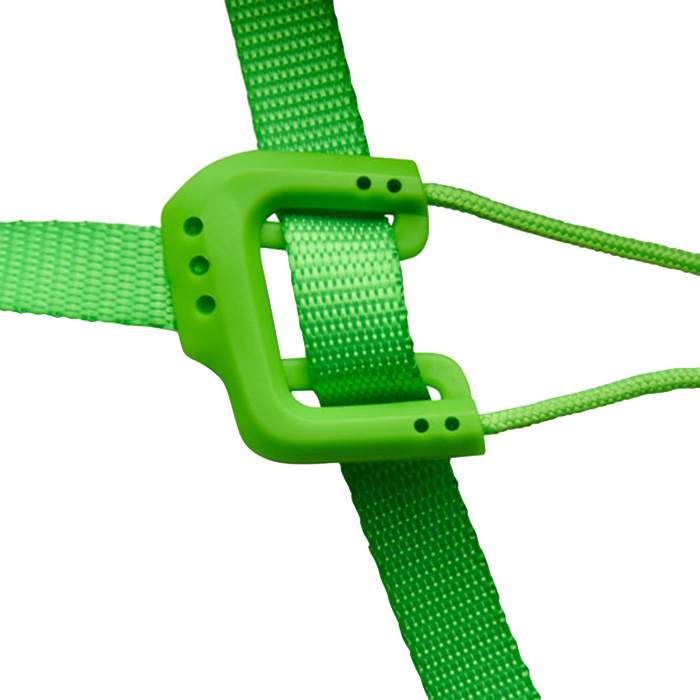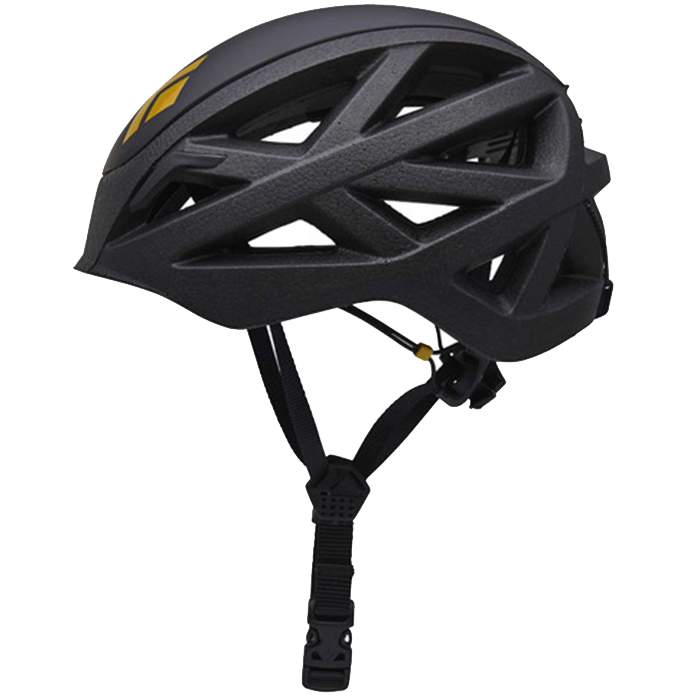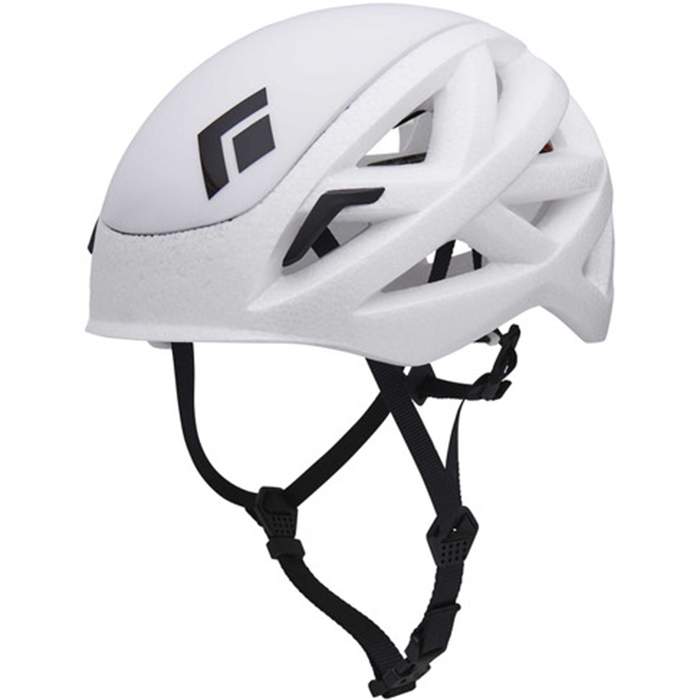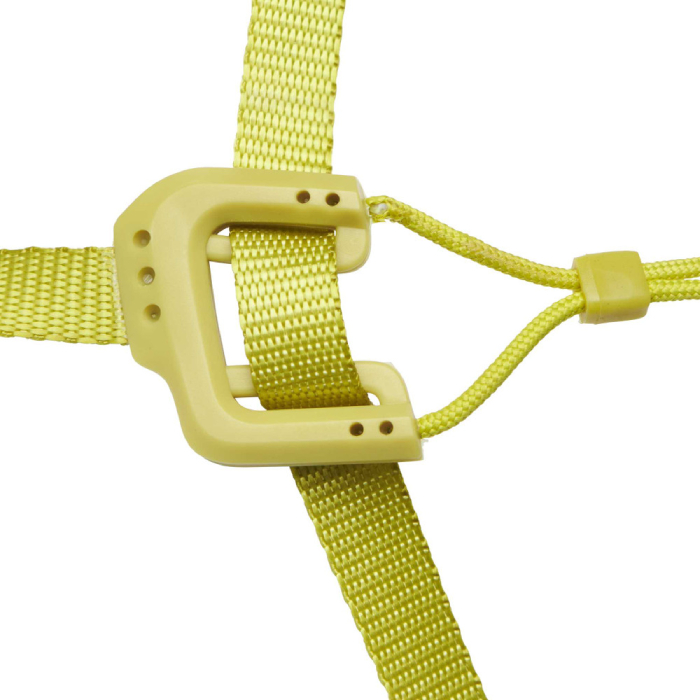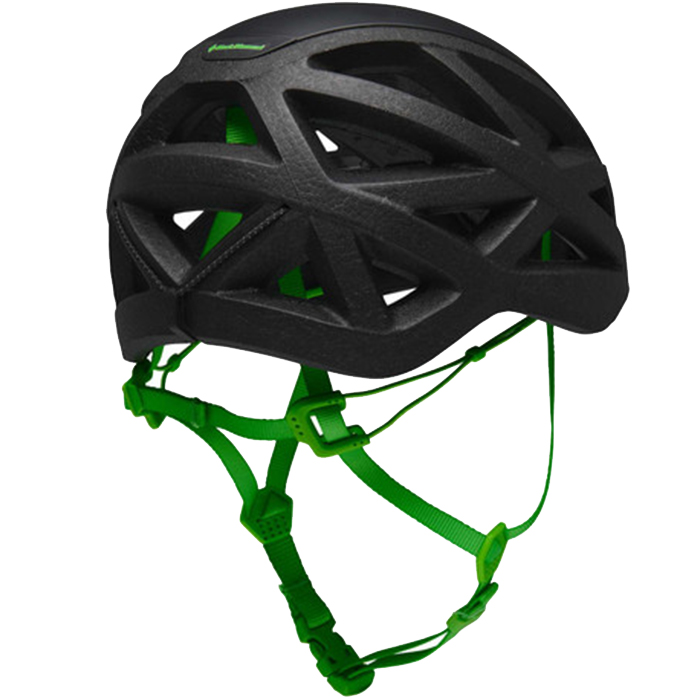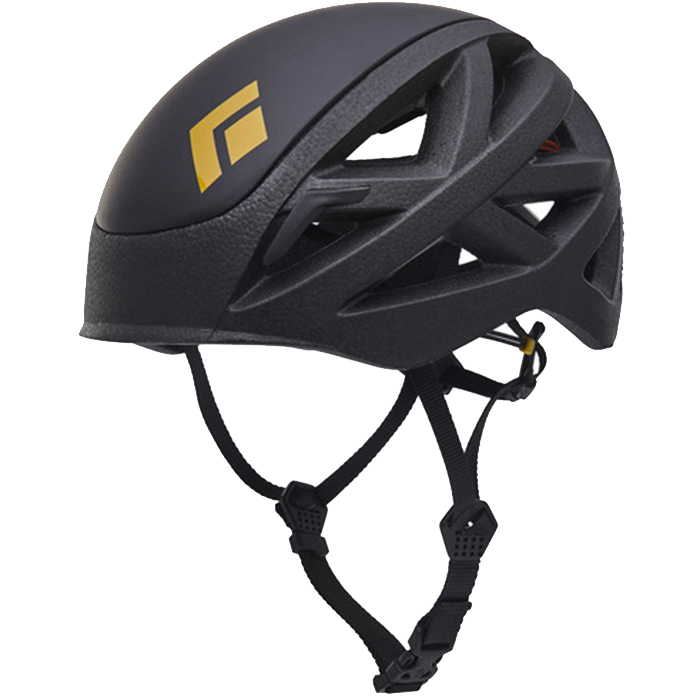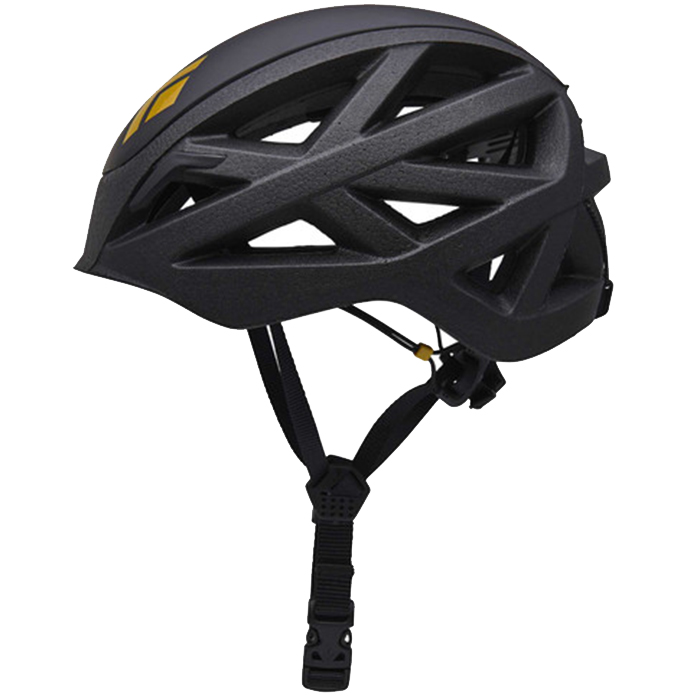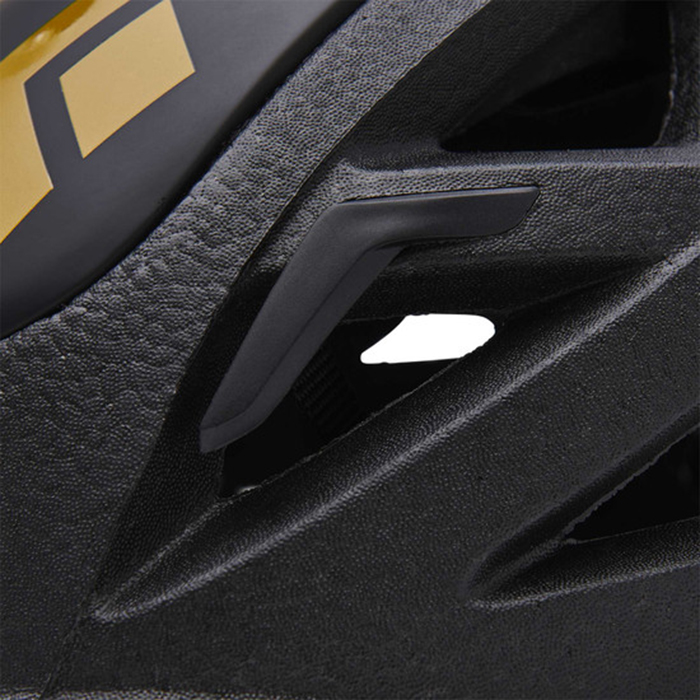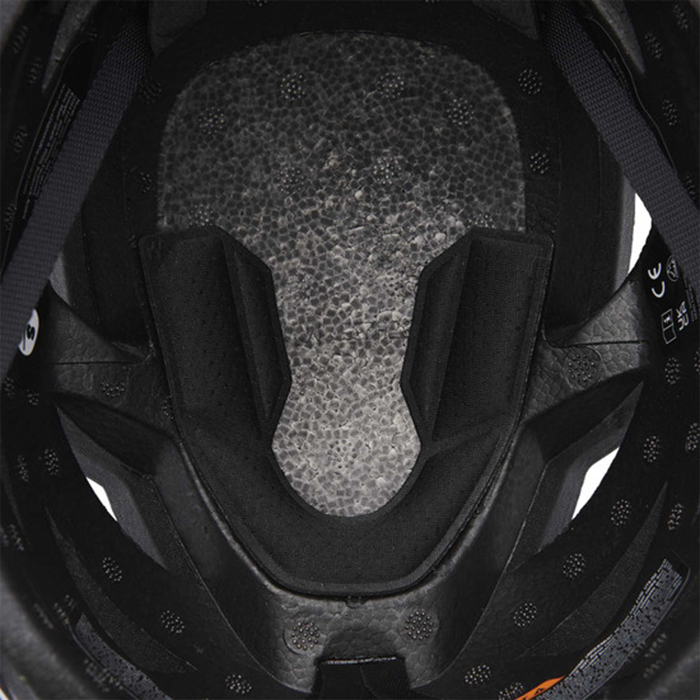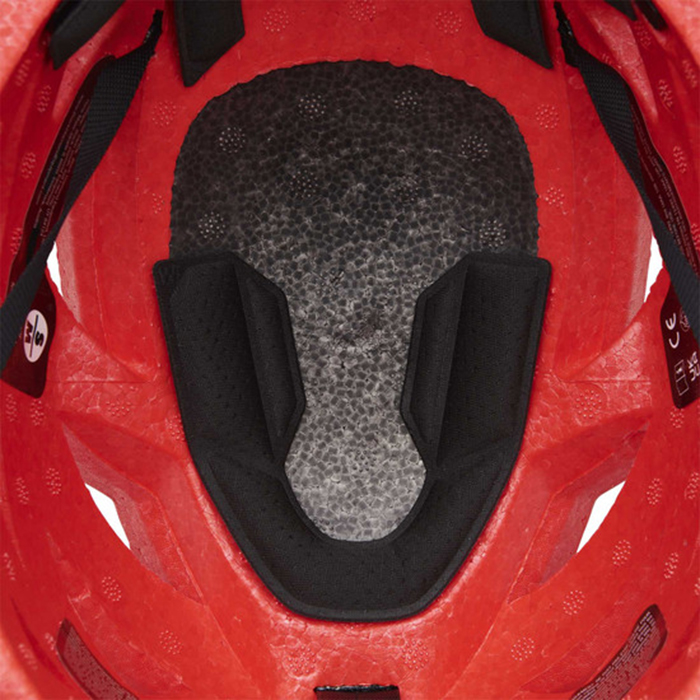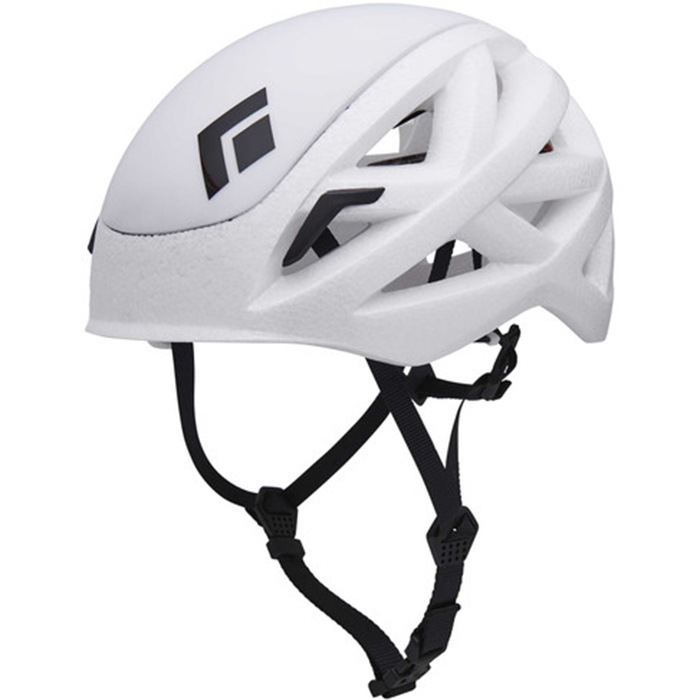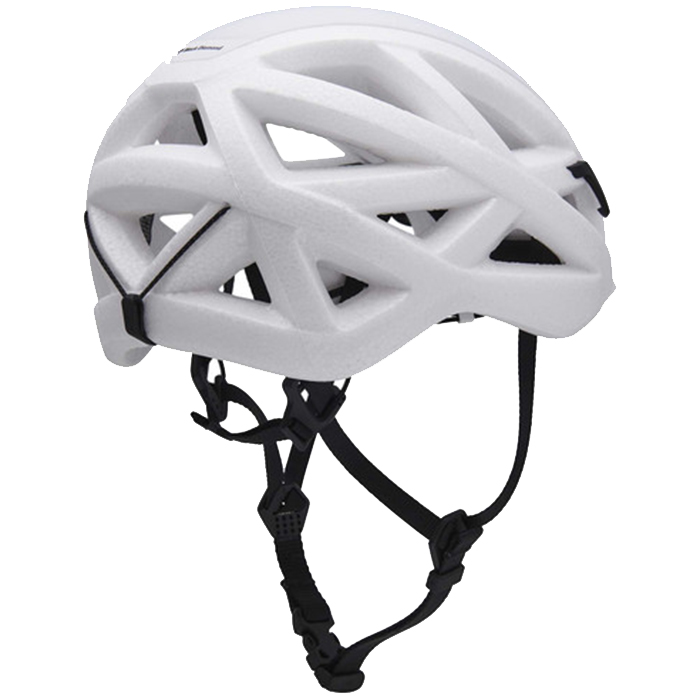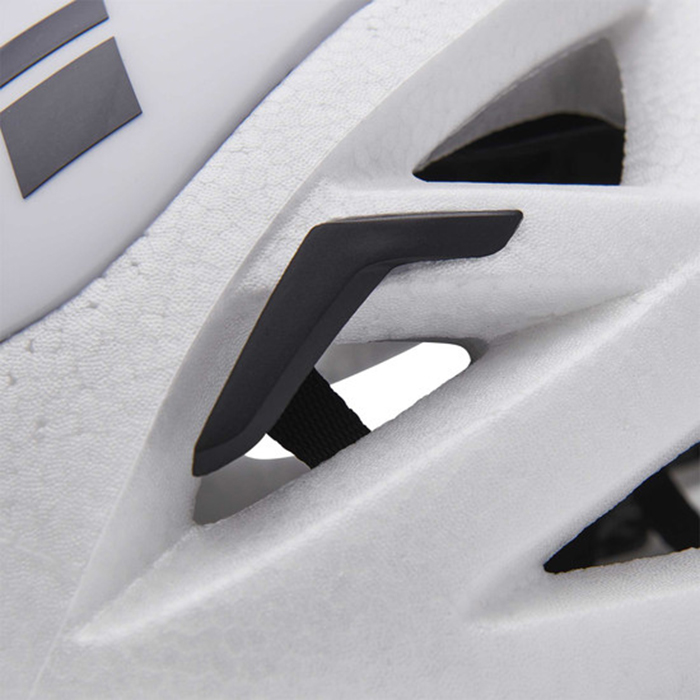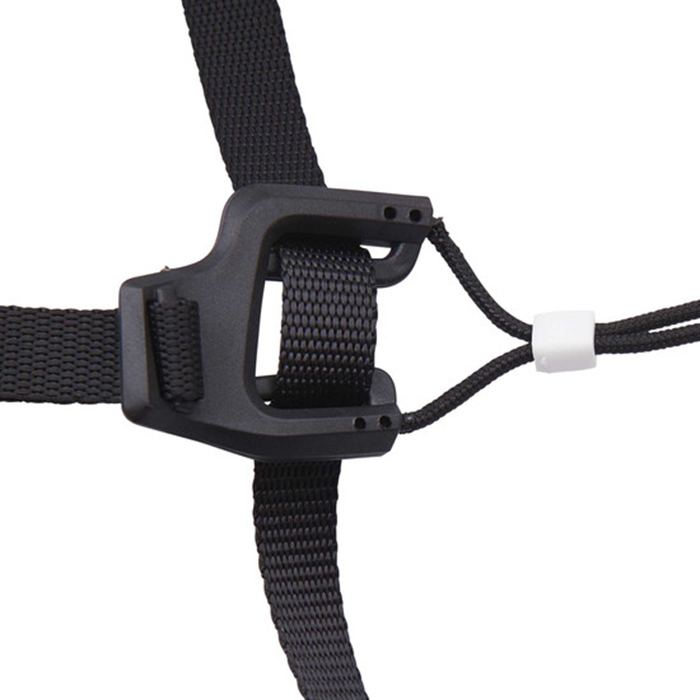How to use Black Diamond Helmets, inspection, warnings, care and maintenence with instructional pictures.
Vapor
Description
Our superlight, go-anywhere helmet got even lighter. The updated Vapor helmet’s two-piece construction contains a layer of super-light ALUULA composite under the polycarbonate crown for added protection and reduced weight. Molded EPP foam makes up the sides, providing ample venting with the same sleek aesthetic. An ultralight cord fi t system makes adjustments and fi t easy to fi ne-tune. Streamlined (and replaceable) headlamp clips are ready for alpine starts or after-dark raps.
- Multi-material construction to minimize weight and bulk while maximizing durability
- Lightweight and packable cord fit system stows and adjusts easily
- Geometric, open-air design allows unparalleled airflow and iconic silhouette
Retail price
When you click a link below and then checkout online, no matter what you buy (climbing gear or not), we get a small commission that helps us keep this site up-to-date. Thanks!
Weight (g)  Weight (g)In grams, the weight, as stated by the manufacturer/brand. If there are differences in weight (due to multiple size or optional accessories) we note those here. | 155 g S/M: 155 g / 5.5 oz |
Gender  GenderThis is the gender as stated by the manufacturer/brand. We use the term "Men" and "Unisex" interchangeably, as there is no difference between these types of helmets. |
Unisex |
Size Range  Size RangeThe sizing options of the helmet according to the manufacturer. | 21.00 in - 25.00 in S/M: 53-59 cm / 21-23 in |
Features  FeaturesBike Cert (EN 1078)The EN certification for helmets used for bicycling and skating. The major difference in testing 1078 involves needs for more head coverage and for the helmet to pass a deflection or 'roll-off' test of the impact force. BrimHaving a brim on a helmet may be inconsequential to some climbers but they make a great additional bit of protection against sun, rain and falling debris like small rocks or verglass. Multiple SizesThis is helpful for those with particularly small or large heads because helmets that come in 2 or 3 sizes cover a broader range of head size. Usually these are denoted as size 1 or 2, though some brands have S/M and M/L. Face Shield CompatibleFace shields are a part of PPE that could be handy when drilling, developing and cleaning particularly dirty remote routes. Usually only used by work at height professionals. MIPS technologyMIPS or Multidirectional Impact Protection System is a technology designed to reduce the amount of impact force that makes it to the brain. This is accomplished by adding a low friction cap between the liner and the helmet, allowing the shell to deflect around the head rather than transfer the forces from impact directly to the wearer. Many bicycle helmets include this feature and it is starting to be applied to sports like skiing, motorcycling and climbing. Many MIPS helmets are also EN1078 compliant. Ponytail CutoutSo far these are only found in "women's" helmets. It's a cutout / notch area that accommodates a low hanging ponytail hairstyle. RECCO® reflectorThese are used in locating someone missing or buried in an avalanche and are becoming more common in climbing gear due to the increased popularity of ski mountaineering. Though they are more often sold as something to add onto the helmet than being built into one, some manufacturers have begun to build them in. Ski Cert (EN 1077)The EN certification for helmets used for climbing and skiing. This test is simpler than the EN/UIAA one performed for helmets in general, but increases the amount of force that a helmet must endure. Likely this to simulate the faster speeds involved with downhill skiing impacts versus rockfall or climber accidents. This cert becoming more common in helmets as SkiMo popularity increases and more climbers are adding backcountry skiing to their mountaineering repertoire. |
Multiple Sizes |
Quick Adjust  Quick AdjustQuick Adjust refers to the straps of the helmet. Do you want the ability to ability to "quickly" adjust the fit. This could be a dial, or other plastic pieces. Really, most climbers don't need to change the fit of the helmet often, unless you're climbing with and without hats, or you have big hair that flattens and then requires tightening after climbing for awhile. |
No |
Vents  VentsRefers to openings in the helmet body to allow air flow. Commonly found in most helmets these days, but often more so in foam and hybrid foam helmets than traditional hardshell polycarbonate shells. Learn More
Click here to read more on helmet construction |
Yes |
Headlamp Compatable  Headlamp CompatibleMany helmets include hooks or clips for holding a standard headlamp in place, which is quite useful for the caver or alpinist. Ask any climber who has been benighted and they’ll tell you just how useful this feature can be. |
Yes |
Face Shield Compatable  Face Shield CompatibleFace shields are a part of PPE that could be handy when drilling, developing and cleaning particularly dirty remote routes. This feature isn't very common in climbing helmets and usually only used by work at height professionals. |
No |
| Certification | CE, UIAA |
No reviews yet.
Helmets have come a long way in recent years. What was formerly considered lightweight is now midweight, and the current lightweight ones have got even lighter. The latest iteration of the Vapor weighs just 155g, making it one of the lightest climbing helmets ever made. For someone that started climbing wearing a 455g Ecrin Roc, this is fairly mind-blowing, but it does come with some caveats, with the main one being "be careful", because great though they are, the modern breed of lightweights are comparatively fragile.
Having used the new Vapor all summer for my personal climbing and my work as an IFMGA Guide, I have to say, I couldn’t be happier with it. It’s comfortable, light, well ventilated and I barely notice I’m wearing it. It’s definitely my go to helmet for all my climbing and after a packed season of abuse, it’s not looking remotely trashed. If you’re still thinking of reasons why you shouldn’t wear a helmet, the new Vapor eliminates them all. Get one!
A pictoral representation of the UIAA-106 and EN-12492 standards for helmets.
The UIAA equipment standard provides a baseline for equipment performance in a test lab under controlled conditions on new equipment. Although these test conditions are relevant to the conditions encountered climbing, conditions encountered at the crags and the condition of the equipment are equally important. This recommendation from the UIAA member federation The British Mountaineering Council (BMC) provides vital equipment information that is NOT explicitly addressed in the standard, particularly failure modes of the equipment and recommendations for the use, inspection, maintenance, and retirement of equipment.












